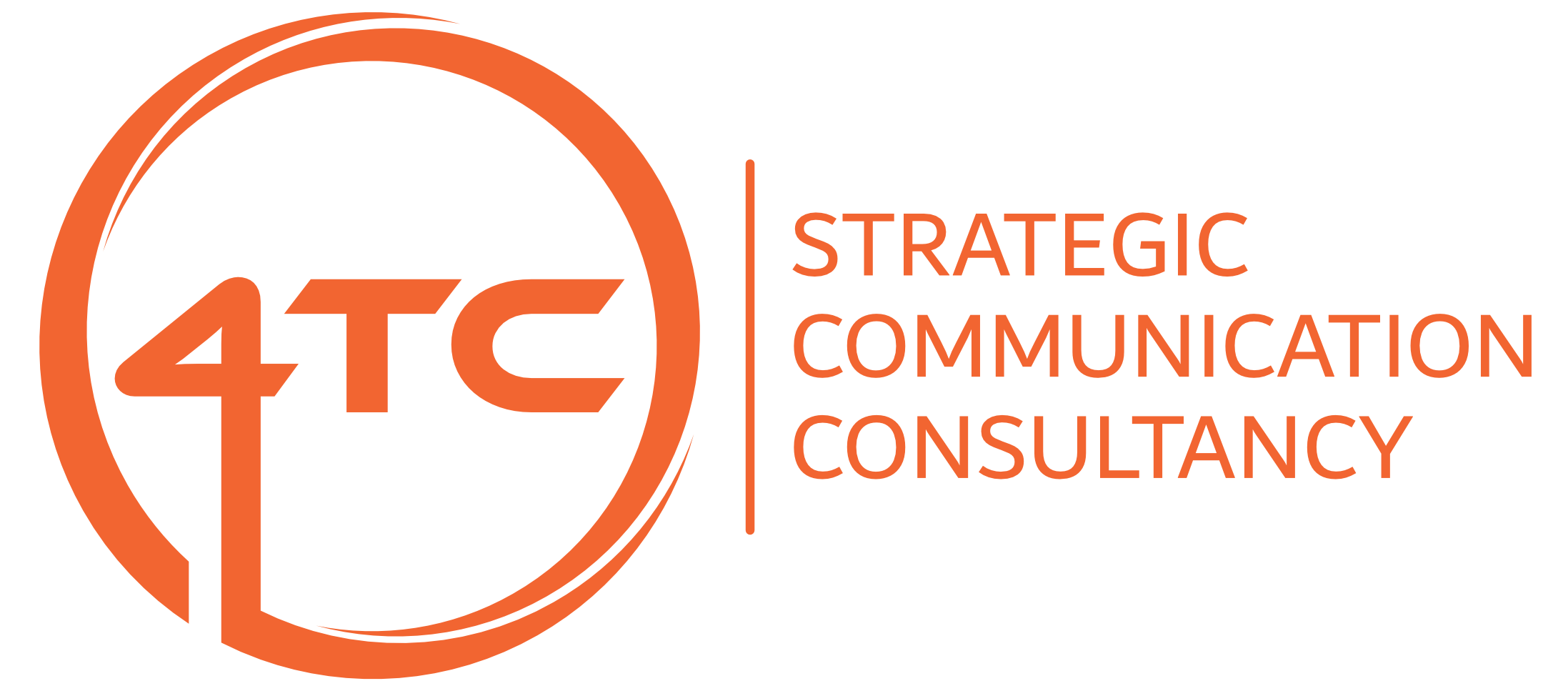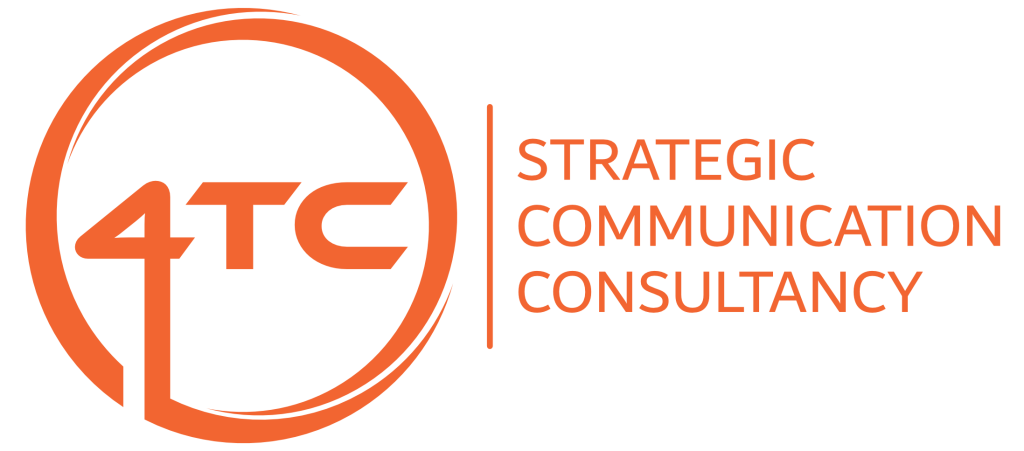Authenticity is a serious buzzword. You can hardly move in communication – and marketing – without someone going all authentic on you. Authenticity has a significant impact on reputation and propensity of stakeholders to engage.
Highly prized, is authenticity and much admired, in those who are deemed to have it – but what exactly is it? Let’s do a search and see. Right.
- It is, apparently, ‘the quality of being authentic’
- It is also about “being true to yourself, maintaining strict coherence between what you feel and what you say and do, (and) making value-based choices”
- In existentialism, it is “the degree to which a person’s actions are congruent with his or her beliefs and desires, despite external pressures to conformity”
Really, it seems to be all about being what you are, and when you’re being what you are, going about it in the right way. But – quite clearly – authenticity is open to interpretation.
It seems safe enough – however – to say that the impression of authenticity is conveyed and built through communication.
It also seems obvious that if a brand (or business or organisation) communicates inauthentically, then it will be perceived to be inauthentic.
So the question for today is – what makes authentic communication (and what doesn’t)?


